Description
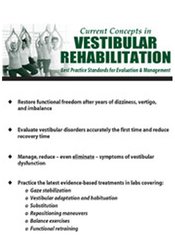
- Faculty:
- Chris Carpino
- Duration:
- 5 Hours 6 Minutes
- Format:
- Audio and Video
- Copyright:
- Mar 20, 2015
- Epidemiology of dizziness and falling
- Role of the vestibular system and its contribution to daily activity
- Vestibular complex
- Peripheral and central components
- Balance systems
- Proprioceptive, visual, and vestibular
- Motor control and strategies
- Unilateral/bilateral vestibular loss
- Benign paroxysmal positional vertigo (BPPV)
- Perilymphatic fistula
- Superior semicircular canal dehiscence
- Meniere’s disease and migraines
- Concussion
- Transient ischemic attack (TIA)/cerebrovascular accident (CVA)
- Cervical vertigo
- Orthostatic hypotension
- Differentiate central vs. peripheral vestibular pathology
- Oculomotor exam
- Spontaneous and gaze-holding nystagmus
- Smooth pursuit and saccades
- Visual acuity
- VOR cancellation
- Vertical and horizontal nystagmus
- Torsional nystagmus
- Positional testing
- Roll test
- Vestibular function testing
- ENG and VNG
- Cervical and ocular VEMPs
- Subjective visual vertical
- Caloric and rotary chair testing
- Balance testing
- Berg and DGI
- TUG (standard, manual, cognitive)
- Gait assessment
- Gaze stabilization
- X1 and X2 viewing
- Vestibular adaptation and habituation
- Canalith repositioning techniques
- Anterior, posterior, and horizontal canals
- Apiani and Cassani maneuvers
- Liberatory and Brandt-Daroff maneuvers
- Cervical exercises
- Static and dynamic balance exercises
- Functional retraining
- Self-treatment and HEP
Chris Carpino – Current Concepts in Vestibular Rehabilitation: Best Practice Standards for Evaluation & Management
Description
Be the First & Last Stop for Vestibular Patients Seeking Help
Dizziness is one of the most common complaints heard by primary physicians, but the reasons contributing to dizziness are numerous and often difficult to diagnose, ranging from age and medication side effects to trauma and infection. These vertigo symptoms can, at times, be the limiting factor for mobility, keeping patients from freely and safely walking around their homes or going out into the community. Vestibular Rehabilitation is highly effective in the reduction and elimination of balance disorders and vertigo. It is the most successful treatment of the most common cause of vertigo over medication or surgery. The ultimate goal of treatment is to eliminate a person’s risk for falling.
During this recording, you will learn differential diagnostic techniques that identify the contributor of a patient’s dizziness. You will understand the pathophysiology of the dizziness and treat the condition accordingly. In addition, laboratory components which analyze patients’ compensatory functional movement patterns and balance strategies will be reviewed. The lecture and lab components presented will be helpful for treating a variety of disorders, including Benign Paroxysmal Positional Vertigo (BPPV) and chronic vertigo, as well as balance and proprioceptive disorders. Upon completion of this recording, you will be confident in applying the best interventions to improve your patients’ balance regardless of the demographic or work environment.
Handouts
| Manual – Current Concepts in Vestibular Rehabilitation (21.32 MB) | 122 Pages | Available after Purchase |
Outline
INTRODUCTION TO VESTIBULAR REHABILITATION
ANATOMY & PHYSIOLOGY OF THE VESTIBULAR SYSTEM
PATHOPHYSIOLOGY & CLINICAL PRESENTATION OF VESTIBULAR DISORDERS
DIAGNOSTIC TESTS & EVALUATION PROCEDURES
TREATMENT PROGRESSION LAB
CASE STUDIES
Faculty
Chris Carpino, MPT Related seminars and products: 1
CHRIS CARPINO, MPT, is a licensed physical therapist practicing in southern New Jersey, and specializes in Vestibular Rehabilitation. Mr. Carpino has completed Vestibular Competency training at Emory University and achieved certification in Vestibular Rehabilitation from the American Institute of Balance in Largo, Florida. He is currently developing the vestibular program at Bayada Home Health, with staff training and marketing. Mr. Carpino is an adjunct instructor at Burlington County College, where he teaches Anatomy and Physiology. He received his Bachelor of Science degree in Exercise Science from James Madison University in Harrisonburg, Virginia. He obtained his Master of Physical Therapy degree from Richard Stockton College in Pomona, New Jersey. Currently, Mr. Carpino practices in southern New Jersey, where he treats patients of various orthopedic and neurological diagnoses. His strengths in rehabilitation include orthopedics, vestibular rehabilitation and manual therapy. Mr. Carpino’s goal as a clinician is to utilize all of his skills to treat the patient as a whole, not just the symptoms.
Speaker Disclosures:
Financial: Chris Carpino has an employment relationship with Bayada Home Health Care. He receives a speaking honorarium from PESI, Inc.
Non-financial: Chris Carpino is a member of the America Physical Therapy Association, Neurology Section.
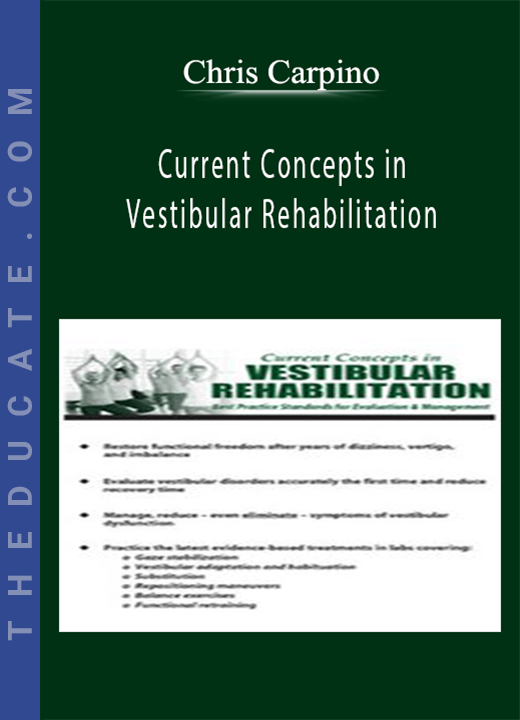


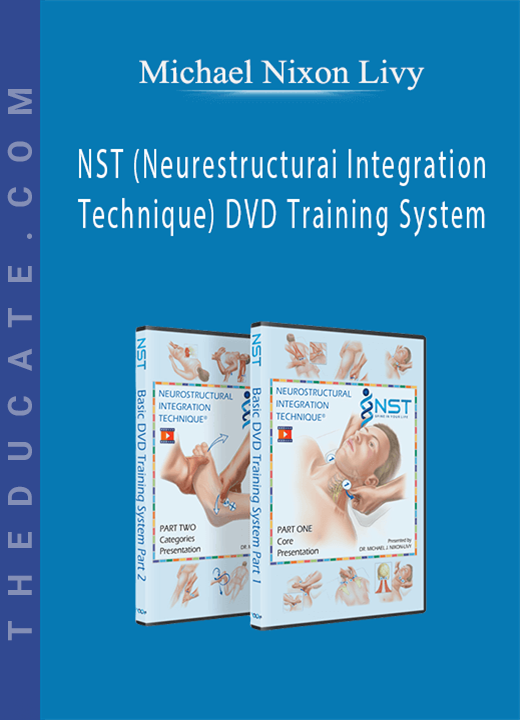
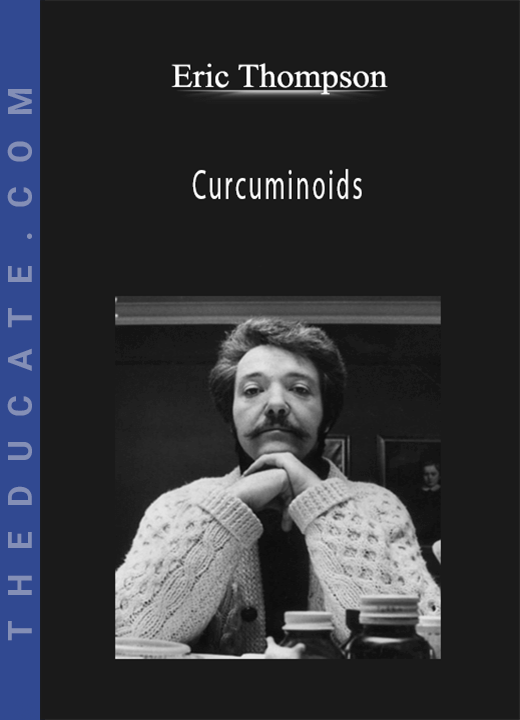
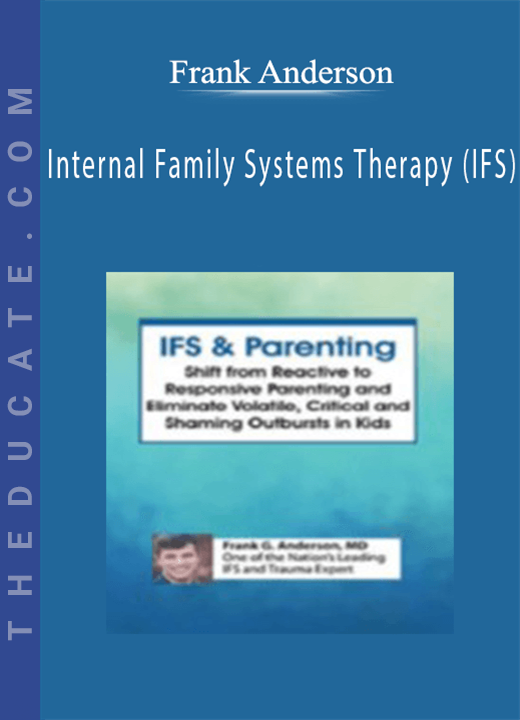
9 reviews for Chris Carpino – Current Concepts in Vestibular Rehabilitation: Best Practice Standards for Evaluation & Management
There are no reviews yet.